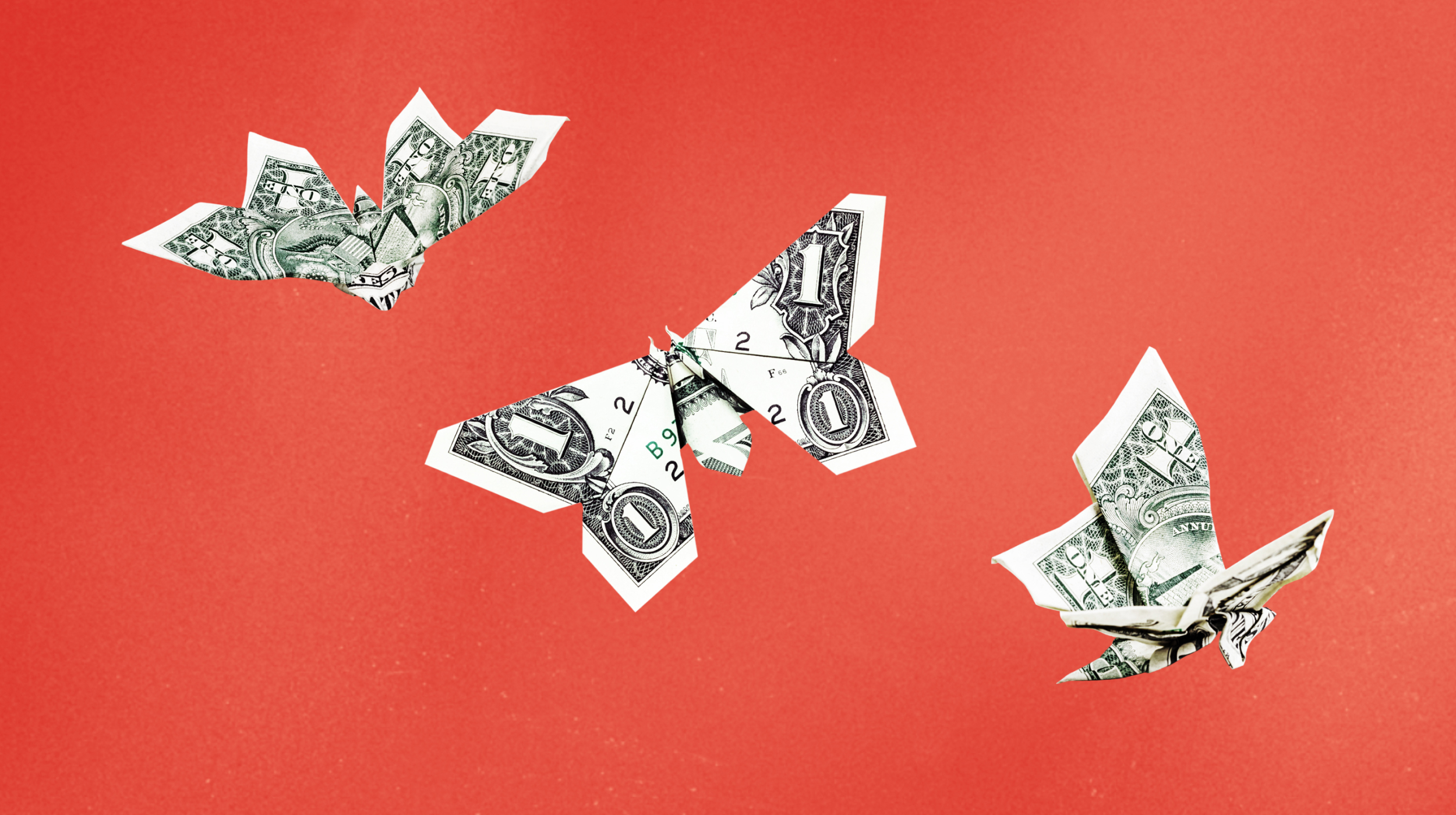Is Narcissism a Mask for Depression?

Narcissus was a proud man. Being concerned only with his own self-regard, Nemesis, the goddess tasked with handling hubris, led him to a pool. Narcissus bent over to stare at this beautiful young man in the reflection, so entranced by the image that he later died in the same spot, transfixed and unable to move. The tale has been remixed to claim he fell into the water and drowned.
Who needs a lake when today cell phone cameras flip the lens 180 degrees with a simple tap? Claims of narcissism have trickled down through the ages as admonitions against all types of egotistic endeavors. Today it’s application is broad, though in the latest edition of Psychology Today, Rebecca Webber argues that the term’s overuse is distracting us from one of its most damaging consequences: depression.
The clinical definition of narcissism, Webber writes, is only applied to roughly 1 percent of the population. Bathroom selfie friends might be vain, but chances are they exhibit strong qualities as well, including optimism, leadership, and confidence. Much research has shown that societies gravitate toward alpha leaders: presentation is more potent than content.
Still, there’s something sad about an Instagram feed filled with hundreds of posed shots, narcissist or not. For those falling into the clinical category, stakes are even higher. Webber writes that it’s due to the emotional seesaw of excessively high highs, countered by extreme lows. Quoting professor Steven Huprich:
For narcissists and narcissistic personalities, loss is really very difficult, because it suggests vulnerability and weakness. It suggests that you actually aren’t immune to life’s challenges and ups and downs.
Narcissism is rarely the reason one appears for medical help, however—no one says, ‘Remember the guy in the lake? That’s me.’ Depression offers an insight into this balancing act between perceived greatness and proclaimed depravity.
While purchasing Psychology Today, the clerk stopped scanning the other items in my basket to gaze at the cover. He then told me that he sees a difference between ignorance and childishness, that some people know they’re narcissistic and don’t care, while others are simply unaware of it. He believed the childish are the worst of the lot, as you can educate the ignorant. While an interesting take, we didn’t dive too deeply into this idea, as the customers lining up grew wary of his pontificating.
But Webber backs him up: Narcissists do recognize arrogance; they simply don’t find it problematic. In response, Huprich and colleagues developed the concept of ‘malignant self-regard,’ which walks the thin line between certifiable disorders and excess “depressive, self-defeating, and masochistic personality styles.”
Instead of fighting back when confronted, depressive narcissists wither under pressure, while the most grandiose of the bunch wage war. Psychologist Kali Trzesniewski says there’s no clear way of understanding the root of such disorders. As with so many other traits, it’s a combination of nurture and nature, with genetic disposition initially setting the tone.
And like the discovery of plasticity, there is hope for narcissists. Huprich says there is a light at the end of their tunnel, should they seek it. True narcissists are able to display empathy, he says, though it is “often shallow and short-lived.” They’re usually fine until they let their guard down too much, which causes reflexive behavior. Webber concludes,
If a fragile self is the true understanding of narcissism, one way to strengthen it is with self-compassion. A survey of more than 3,000 people showed that self-compassion led to more stable feelings of self-worth, as opposed to self-esteem, which has a stronger association with narcissistic traits.
Recognizing that you are valued leads to feeling comfortable in your skin, an essential antidote to selfishness. The challenge is on both ends: for the narcissist, recognizing that depression could be at the root of their pride and seeking help to come to terms with that. For friends and family, the realization that a helping hand is more valuable than a wagging finger is another step in the right direction.
—
Derek Beres is working on his new book, Whole Motion: Training Your Brain and Body For Optimal Health (Carrel/Skyhorse, Spring 2017). He is based in Los Angeles. Stay in touch on Facebook and Twitter.





